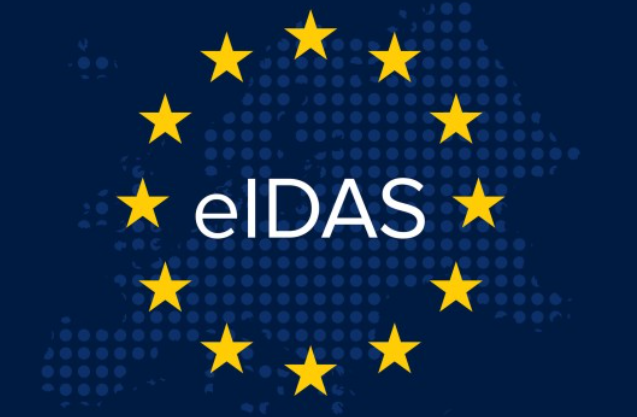
02 Jan Adaptation to Law 6/2020 in Spain: Best Practices for Auditors in Electronic Signature
Introduction to eIDAS and Its Importance in Spain The eIDAS Regulation, implemented by the European Union, represents a crucial milestone in the standardization of electronic identification and trust services for digital transactions. In Spain, this framework has been integrated into national legislation to ensure the legal validity and security of electronic signatures in the European digital market. A deep understanding of eIDAS is indispensable for auditors and companies, as it establishes the foundations for digital authentication and services related to electronic signatures.
Law 6/2020 and Its Impact on Electronic Trust Services Law 6/2020, dated November 11, has been a significant change in the Spanish legal landscape, regulating crucial aspects of electronic trust services. This law aligns national regulations with eIDAS standards, ensuring that electronic signature implementations in Spain meet the highest standards of security and legality. For auditors, understanding this law is vital to ensure that companies not only adopt advanced technologies but also comply with legal and security requirements.
Importance of the Certificate Repository in Electronic Signature A robust certificate repository is essential for efficiently managing digital certificates used in electronic signatures. These certificates are the cornerstone that guarantees the signer’s identity and the integrity of the signature. Proper management of these certificates is fundamental to prevent fraud and ensure authenticity in digital transactions.
Auditor Perspective: Focus on Security and Compliance From the auditor’s perspective, compliance with eIDAS and Law 6/2020 is just the beginning. Special attention must be paid to the comprehensive security of the electronic signature process. This involves implementing robust authentication, ensuring data integrity, confidentiality guarantees, and non-repudiation mechanisms. In addition, auditors should promote the conduct of periodic risk assessments to adapt to changing cyber threats and maintain compliance with regulations.
Regulations and Complementary Legislation in Spain In addition to eIDAS and Law 6/2020, auditors and companies must be aware of other relevant regulations, such as the Law on Services of the Information Society and Electronic Commerce (LSSI-CE). These laws provide a broader and more detailed framework for electronic signatures and trust services, ensuring complete legal coverage for all digital operations.
Establishing Trusted Solutions in the Digital Environment To establish a trusted electronic signature solution, methodological steps must be followed, including the selection of advanced and secure technologies, the implementation of robust security policies, and continuous compliance with regulations. Collaboration with qualified trust service providers is crucial to ensure the effectiveness and security of these solutions.
Conclusions and Final Recommendations In conclusion, auditors play a crucial role in guiding companies toward the secure and compliant implementation of electronic signature solutions in Spain. Staying up-to-date with laws like eIDAS and Law 6/2020, and following best practices will ensure secure, legally valid, and reliable solutions.
For personalized advice and detailed audits in electronic signature and trust services in accordance with Spanish and European regulations, contact us at eidas@luisvilanova.es. Our team of experts is ready to provide you with tailor-made solutions that guarantee the security and legal compliance of your digital operations.

